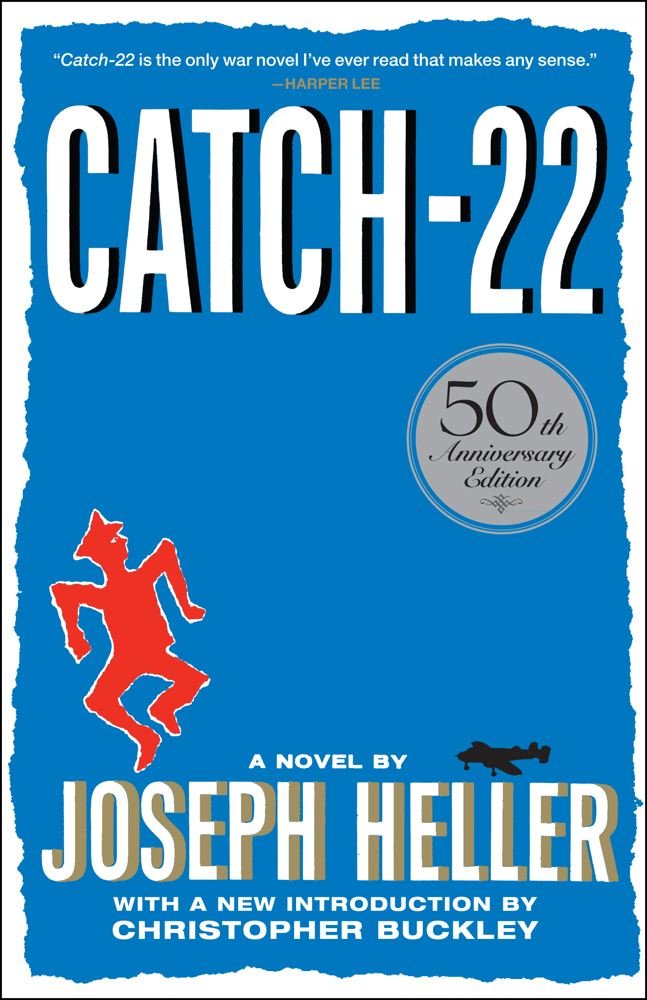Recently I was asked by a friend with an interest in sociology of organizations if I could suggest to him a good book on this topic (obviously he thought that my working experience in a comparatively big variety of organizations and countries made me a kind of expert regarding that matter).
After some consideration, I suggested to him not a scientific book, but a work of fiction.
In my opinion, Catch-22 by Joseph Heller contains (among many other things) everything you need to know about how any big organization, institution, or corporation works. And I can assure you, none of the absurd situations in the book are unrealistic or exaggerated.
An example: General Peckem (sic) assigns Colonel Scheisskopf (a word that means “shithead” in German) to write letters
“to let everyone know how good we are and how much work we’re turning out.”
Scheisskopf’s answer that he doesn’t know a thing about writing is receiving the following retort:
“Well, don’t let that trouble you,” General Peckem continued with a careless flick of his wrist. “Just pass the work I assign you along to somebody else and trust to luck. We call that delegation of responsibility. Somewhere down near the lowest level of this coordinated organization I run are people who do get the work done when it reaches them, and everything manages to run along smoothly without too much effort on my part. I suppose that’s because I am a good executive. Nothing we do in this large department of ours is really very important, and there’s never any rush. On the other hand, it is important that we let people know we do a great deal of it. Let me know if you find yourself shorthanded. I’ve already put in a requisition for two majors, four captains and sixteen lieutenants to give you a hand. While none of the work we do is very important, it is important that we do a great deal of it.”
Trust me, this is all you need to know about the sociology of organizations.

Joseph Heller: Catch-22, Simon & Schuster
© Thomas Hübner and mytwostotinki.com, 2014-6. Unauthorized use and/or duplication of this material without expressed and written permission from this blog’s author and/or owner is strictly prohibited. Excerpts and links may be used, provided that full and clear credit is given to Thomas Hübner and mytwostotinki.com with appropriate and specific direction to the original content.



 Facebook
Facebook RSS
RSS Twitter
Twitter